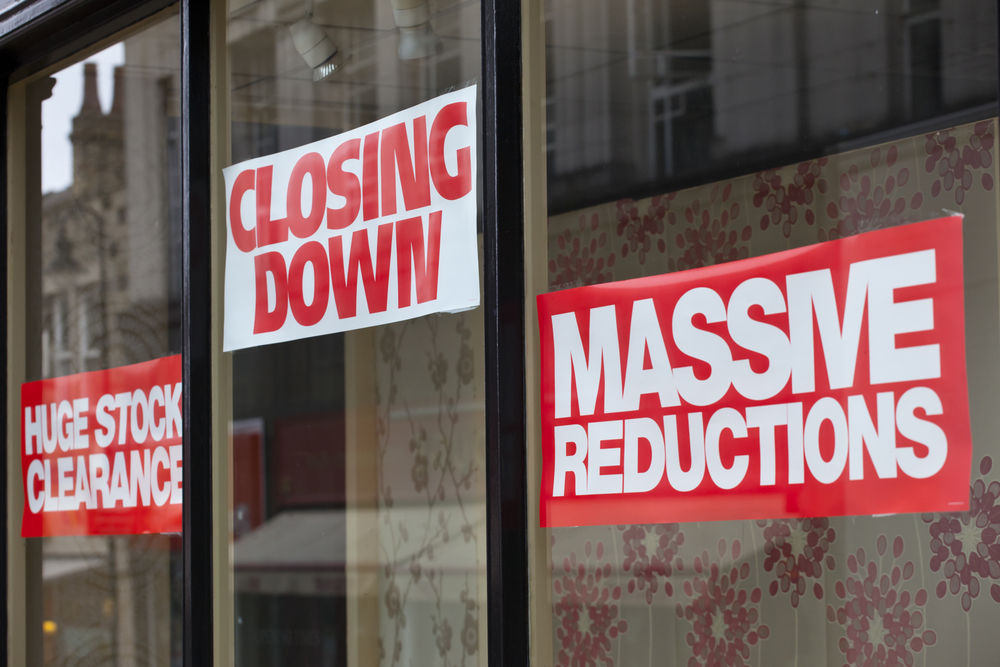Newly published data illustrates that Australia’s economic recovery significantly stagnated in July, as this was the month where small businesses recorded their worst performance since December 2020 in the face of ongoing lockdown restrictions affecting more than half of the Australian population.
On Thursday 26th August Xero published results of their latest small business index, which is revealed to have fallen by 41 points to 1010 for July 2021, just one month after the sector recorded a four-year high.
Although levels around 100 are considered average, the index suggests that Australia’s national reading masks significant differences across the states, whose performances were marred by restrictions in Greater Sydney, impacting around 25 percent of the Australian population.
The impacts of restrictions in New South Wales and, later, Victoria were revealed most prominently in the form of slowed jobs growth across the sector.
Figures for New South Wales revealed that, job growth in the state improved just 0.4 of a percentage point year on year. Victoria experienced a small bump of 2.7 percent. In comparison, Western Australia experienced a job growth increase of 6.7 percent.
The survey revealed that the industries to suffer the heaviest blows to jobs growth were the arts and recreation and hospitality industries, which experienced year-on-year falls of 3.5 percent and 3.2 percent, respectively.
The results also illustrate that national small business sales growth took a hit through July, down by 11.2 percent on June, and up by just 2.9 percent year on year. This is the lowest growth rate since January this year.
Slowed sales growth was dragged overall by NSW. Due to the harshest lockdown the country has faced, NSW only state to record a decrease where sales took a year-on-year dip of 0.3 of a percentage points. This drop comes after NSW recorded an 11.1 percent increase in June. In Victoria, where lockdown restrictions were in place in June and July, sales growth was up by 4.4 percent for July, but still slow compared to June’s 10.1 percent increase
Furthermore, a week-long lockdown in South Australia also impacted sales growth in the southern state. South Australia recorded a 1.5 percent year-on-year increase, down on the 11.4 percent surge observed in June 2021.
The sectors to record the slowest sales growth were the arts and recreation industry, which saw a year-on-year fall of 9.2 percent, and the hospitality industry, which recorded a year-on-year drop of 6.5 percent.
The figures also illustrate that times for July extending by 2.8 days to 23.3 days, after they lessened to a record low of 20.5 days in June. However, the index suggests the delays were expected, and reflect similar end-of-financial-year trends seen in New Zealand and the United Kingdom through March.
On a positive note, the index points to good news for wage growth, which was the only measure to escape the economic impacts of national lockdown restrictions. Average hourly earnings for the month rose by 2.6 percent, compared with the same period last year.
It drops only slightly short of June’s 2.7 per cent increase, but remains down on pre-pandemic growth levels of around 3 percent.
NSW Government Expands JobSaver Scheme To Assist More Businesses During Lockdown
The NSW State Government has announced that large hospitality and tourism businesses that have revenues of up to $1 billion are now eligible for JobSaver following the announcement of an extension of the scheme.
The expansion to large businesses in the tourism, hospitality and recreation industries means that businesses who have an annual turnover between $250 million and $500 million receive 40 percent of their weekly payroll at a maximum of $300,000 a week.
Larger businesses who have a turnover between $500 million and $1 billion can anticipate to recieve up to $500,000 each week.
Previously, the JobSaver program had only previously provided eligible businesses with revenues between $75,000 and $250 million with weekly payments of up to $100,000.
The changes to the support package were made a few days after NSW Premier Gladys Berejiklian announced that the Greater Sydney lockdown would be extended until the end of September.


